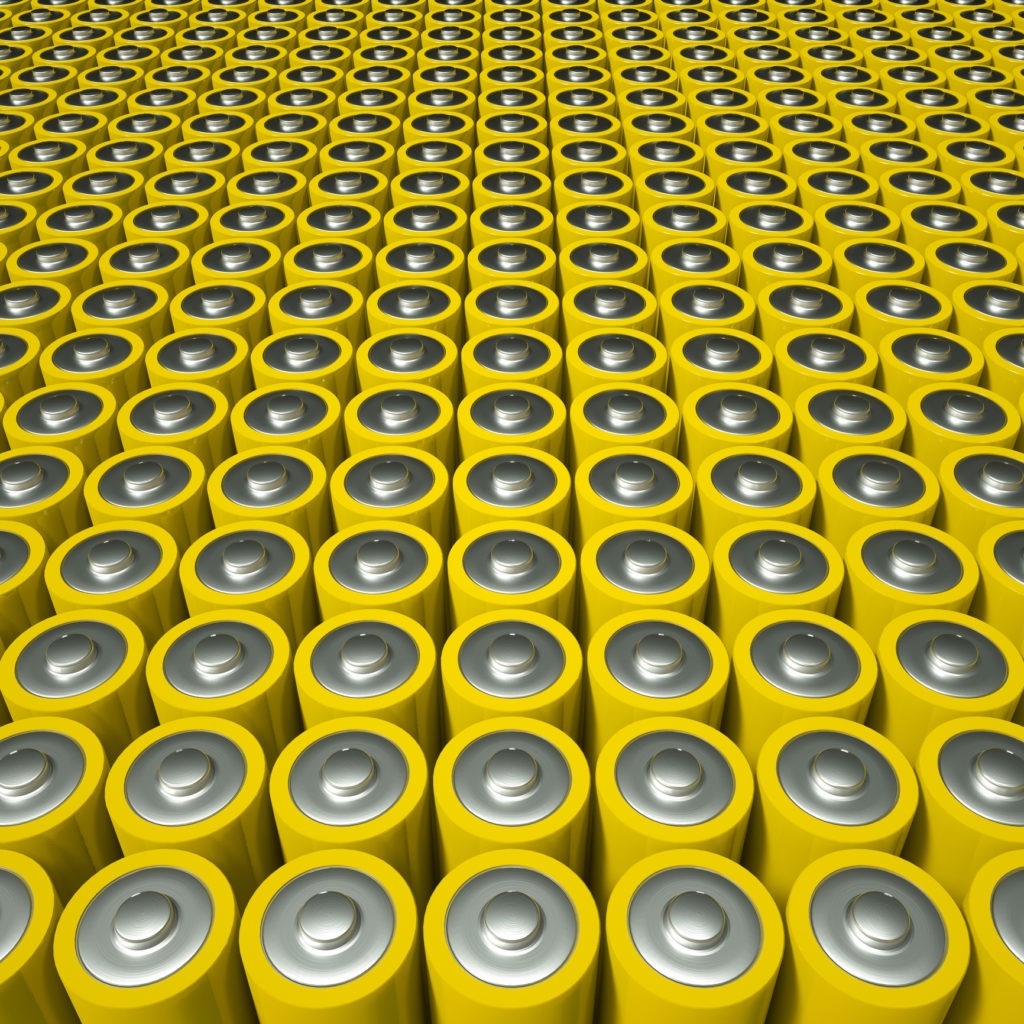Germany to delay 2020 target for one million electric vehicles
24 September 2018

24 September 2018
Germany will likely have to delay its target of having a million electric vehicles (EVs) on the road by 2020, according to a government-sponsored report.
′Considering the current market dynamics, the one million target will likely shift to 2022,’ the report by the German National Platform for Electric Mobility, which was submitted to Chancellor Angela Merkel, said.
According to the report, new registrations of EVs more than doubled in Germany last year, the fastest growing global market for the technology, and in total, there were 131,000 such vehicles registered by the end of 2017.
Sales were helped by the launch of a German subsidy scheme in 2016 worth around €1 billion, partially financed by the country’s automotive industry to boost electric vehicle usage. However, consumers have been discouraged by the cost of cars, limited driving ranges and the lack of charging points in the country.
In the one-and-a-half years since the country’s incentive premium was introduced, only 10% of total funding applications have been received, with 46,897 submitted. The German government has put around €600 million aside. However, only €65 million has been committed.
The government promotes the purchase of an EV with a €2,000 grant, while those looking to buy a hybrid vehicle receive €1,500 towards the cost. This is initially taken off the cost of the car by the manufacturer and then reimbursed back to them. The amount set aside is expected to cover more than 300,000 vehicle purchases.
Germany’s coalition government plans to reduce the tax burden on drivers of EVs and provide at least 100,000 charge points across the country, as well as subsidising car-sharing as it looks to push greener transport.
′We certainly had a delayed start [to electric mobility], but now we are catching up,’ Germany’s Transport Minister Andreas Scheuer said, adding he saw no need for further incentive schemes.
Battery building
Germany is also lobbying automakers to band together to set up production of solid-state battery cells in the country to compete with Asian rivals.
Economy Minister Peter Altmaier, who is also talking with other EU members about promoting the production of solid-state battery cells, said that late-stage talks on the matter would be held in Berlin in November. However, he could not provide details until questions over EU aid, and antitrust rules had been resolved.
Currently, the industry sources its requirements from Asian manufacturers such as China’s CATL, which plans to build its first European production site in Germany.
Asian battery companies dominate the EV battery market, with Samsung and LG Chem also leading the market. However, there is a strong push for Europe to develop its own battery centres, especially in the development of solid-state batteries. The UK is looking to become a leader in the technology, while the Renault-Nissan-Mitsubishi Alliance is hoping to sell cars with the technology from 2025.
German Chancellor Angela Merkel said Germany should work with other European countries to develop the region’s battery-cell production for electric cars.
′I think we should, within the framework of our strategic abilities, work with other European countries on our own battery-cell production,’ Merkel told a news conference in Berlin.